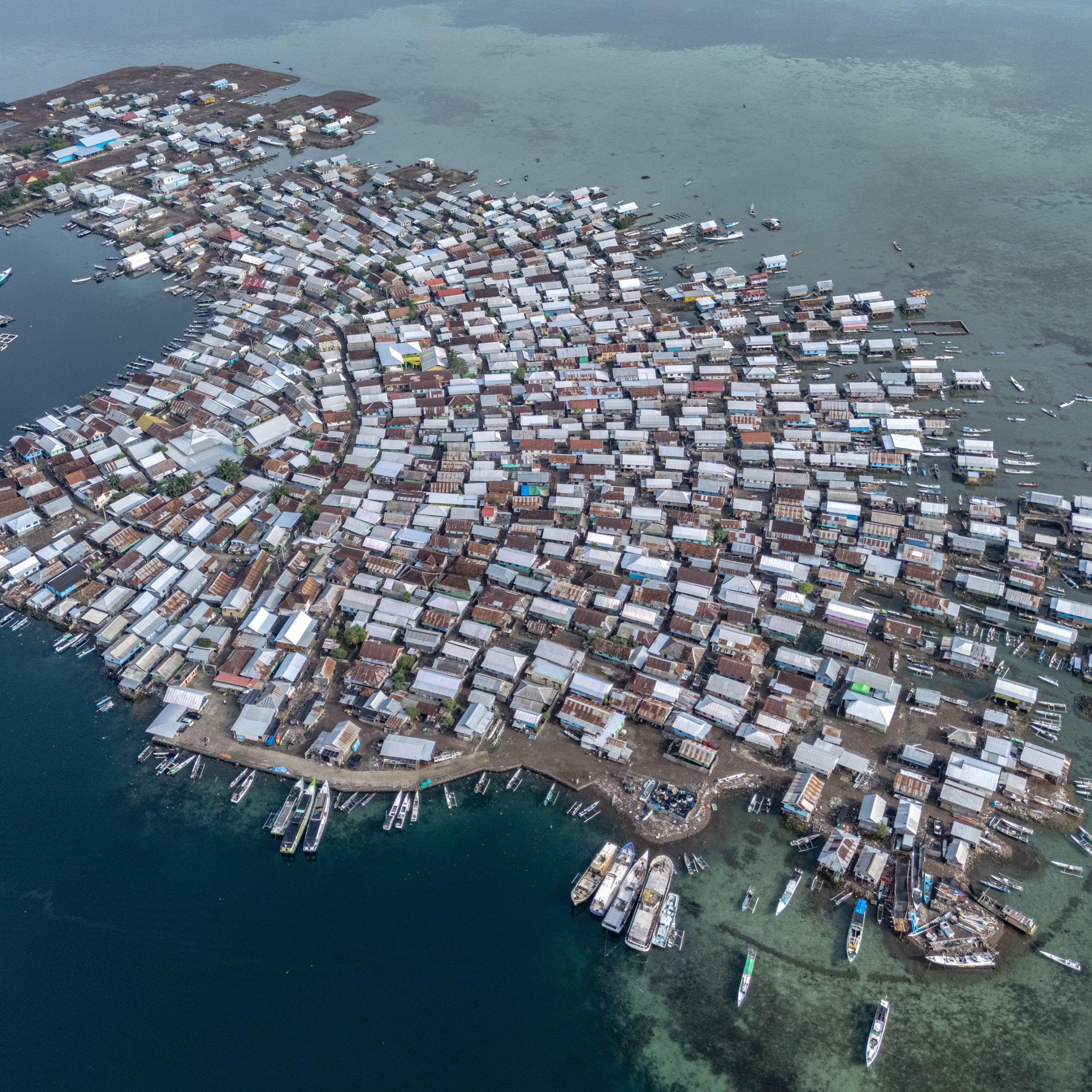Pilot success story
Solar powered cold storage by Olat Maras
Recognizing the island’s strong solar potential, we supported Olat Maras Power in introducing solar-powered cold storage to tackle high electricity costs and reduce fish spoilage. Previously, fishers lost up to 1.9 tons of catch during peak seasons due to inadequate storage.
With this solution, they can now preserve their catch longer, cut waste, and increase product value. By avoiding an estimated 25% spoilage rate, each fish collector can save around IDR 2.4 million (~US$147) per month in losses.






